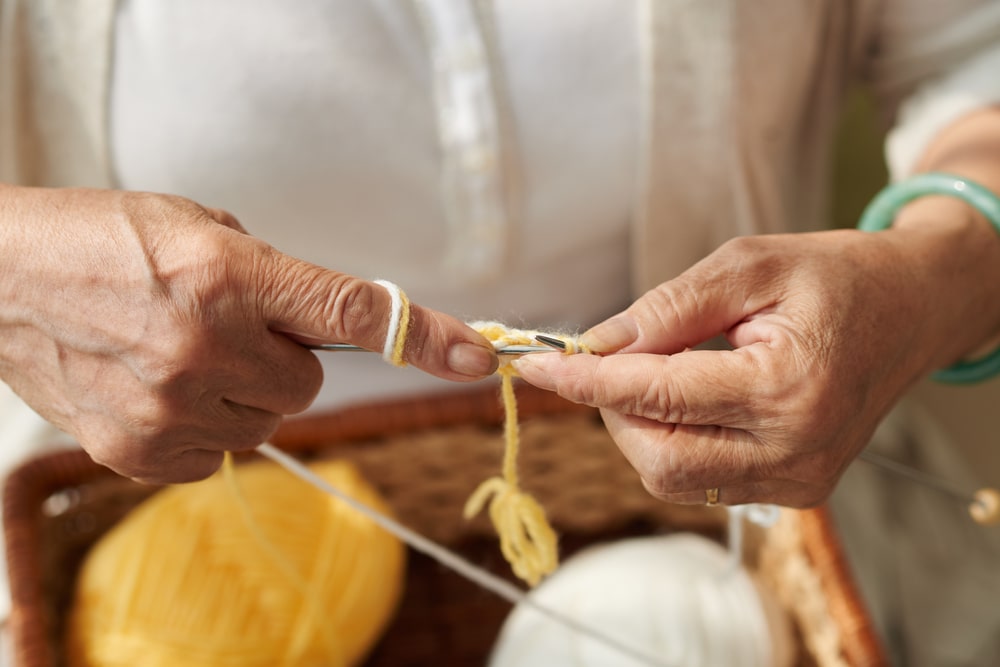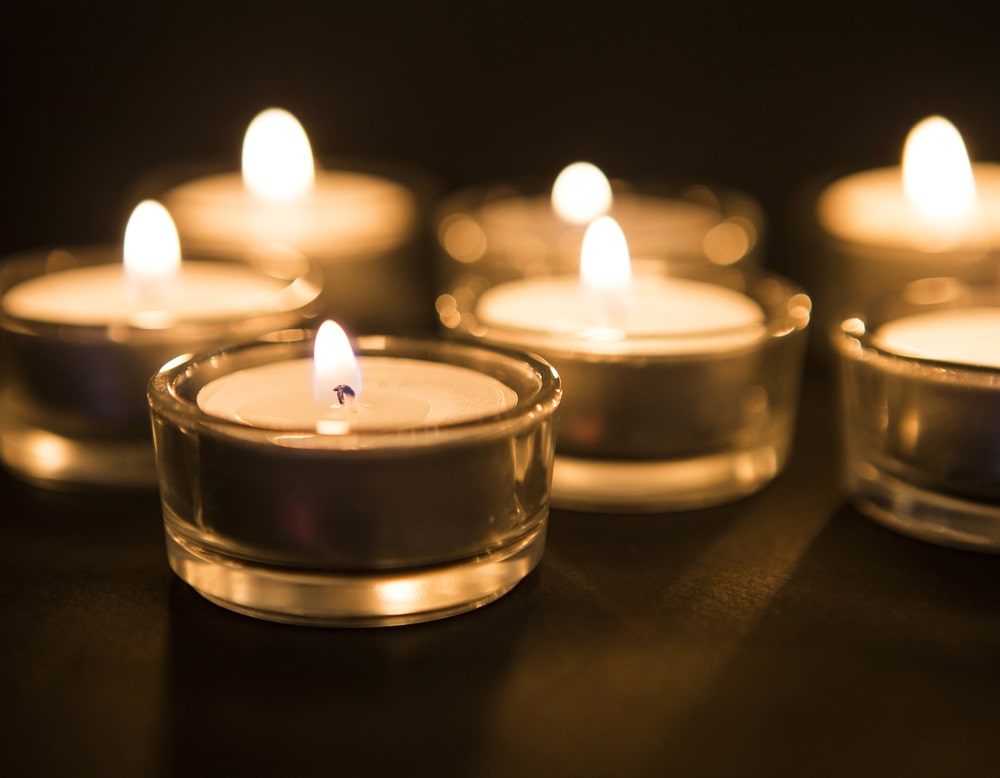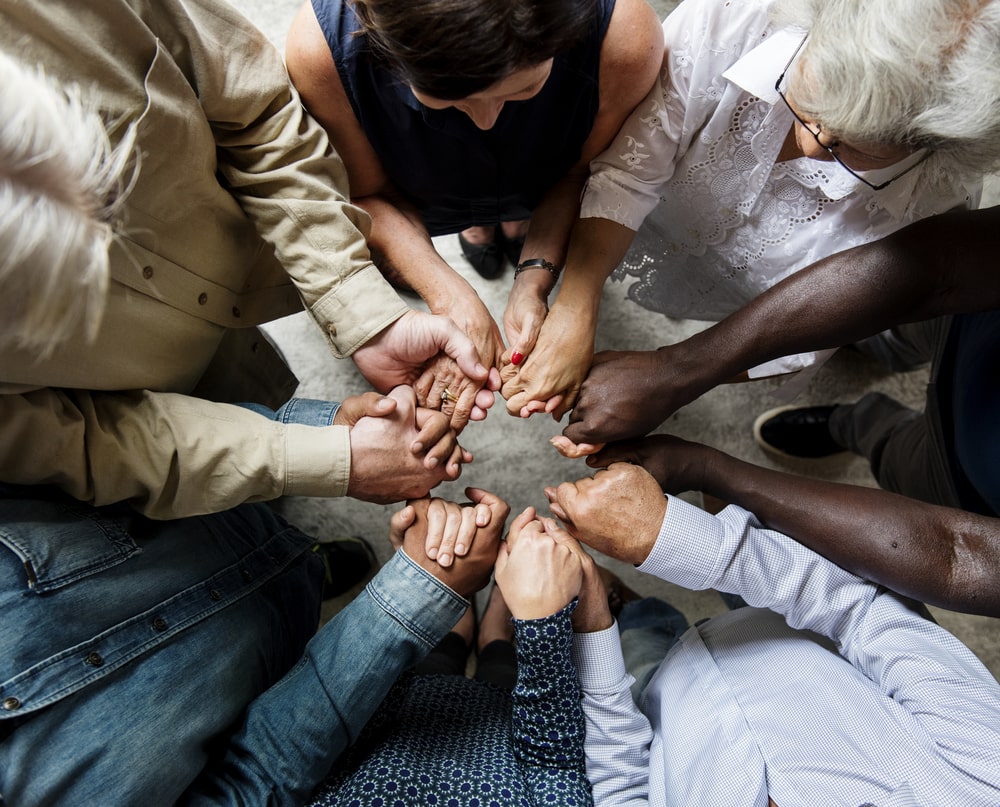
We mourn because we love. That’s true of us all. Grief is a universal emotion, and because it is, we can find hope and encouragement in the stories of others. Dr. Wolfelt, nationally recognized grief expert, tells us about the importance of mourning well. He says, “Making the choice not just to grieve, but to authentically mourn, provides us the courage to live through the pain of loss and be transformed by it. How ironic that to ultimately go on to live well and love well we must allow ourselves to mourn well.” Below is a list of the top 5 books published in 2018 (chosen based on Amazon reader reviews) about grief, loss, and the journey toward healing. Perhaps the words and experiences of others will help you as you navigate your own grief journey this year.

Book #1: The Widower’s Notebook, a Memoir
Author: Jonathan Santlofer
Synopsis: On a normal day in New York, Jonathan finds his wife, Joy, fighting for breath in their living room. After calling the paramedics and spending many tense hours at the hospital, he learns that she has died. Not sure how to deal with the depth of emotion welling within him, he turns to writing and art to help him maneuver through the complexities of losing the wife he loved.
Review: “Widower is stunning, harrowing, un-put-down-able…Jonathan Santlofer finds language that is immediate and intimate for the irreconcilable trauma of loss. Without pause he captures the shattered time that is grief—this book is fearless, brave for its humanity, honesty, love. Santlofer brings the reader into his heart, sharing all the things that one feels but dares not say aloud, all that one wants to know but can’t ask of themselves, of those around them, of their lost loved one.” —A.M. Homes, author of May We Be Forgiven

Book #2: Grief Day by Day
Author: Jan Warner
Synopsis: Grief Day by Day offers 365 reflections, weekly themes, and healing exercises for dealing with the complexities of grief. Jan Warner draws on her own experience with loss to offer hope and useful guidance to others who are struggling. With the book’s set-up, the reader can use it in the way that best suits them and their specific needs.
Review: “This is quite literally a shattering book: it takes in both hands and smashes one of the most pernicious of our modern myths – that grief is an aberrant state, properly and speedily to be put away. It instead explores the idea of grief as a part of life. Thus repositioned, grief can be acknowledged as one (but only one) enduring element of the mourner’s identity.” ―Sarah Gristwood, best-selling author, historian, and commentator on the British royal family

Book #3: Wonder Widows
Authors: Trish Comer, Peggy Langenwalter, and Jennifer Cox Horak
Synopsis: Written by three widows, this book is an invitation to join Trish, Peggy, and Jennifer on their journey. They kindly and lovingly share about their challenges and triumphs while navigating widowhood. This book focuses on empowering widows. Not only do the authors share their personal stories, but they explores how to shape a new identity, how to handle holidays and anniversaries, and so much more!
Review: “While Wonder Widows is a compassionate window into a sensitive and painful passage, it’s also hopeful as it explores the possibility of lives rebuilt. I think this is an important book for everyone to read because sooner or later we’ll all experience loss, whether our own or that of a friend. Reading Wonder Widows gave me insight into what might be going on behind the public face a grieving person presents to the world and how we might all be more aware and compassionate.” —Amazon Reviewer Danelle

Book #4: Grief as a Second Language: A Guidebook for Living with the Loss of a Loved One
Author: Stacy Parker
Synopsis: Written by a bereaved parent, this book helps people understand and become comfortable with the language of grief. As it moves the reader toward a greater understanding of the complexities of grief, it explores important topics like how to release self-blame, how to cope with the physical absence of your loved one, and which reactions are perfectly normal (all of them!).
Review: “This book is written by the best kind of grief expert, someone who has taken the journey out of the darkness and back into the light. Stacy shares with her readers practical tips and tools for taking care of your physical and emotional health after loss and for finding purpose and meaning again. Thank you, Stacy, for being honest about your own grief journey and helping us to navigate ours. I wish I had this book after my brother died; it would have been a lifeline at a time where I felt very alone and had no idea how to navigate the second language of grief.” —Dr. Heidi Horsley, Executive Director of Open to Hope Foundation

Book #5: Suffering: Gospel Hope When Life Doesn’t Make Sense
Author: Dr. Paul David Tripp
Synopsis: No matter what the catalyst may be, we have all had our lives changed in an instant. Whether it be death, illness, loss of employment, loss of relationship, or something else, we aren’t sure how to deal with what has happened. In this book, Dr. Tripp shares his own journey and what it means to trust God even in the midst of suffering.
Review: “We don’t have to go looking for it. It will come and find us. Sooner or later, suffering at a catastrophic level will wreck our lives. Paul Tripp understands that personally. He also understands the gospel personally. His new book does not trivialize our sufferings with glib formulas. This wise book leads us deeper into the gospel of the cross and closer to the Man of Sorrows himself.” ―Ray Ortlund, Lead Pastor, Immanuel Church, Nashville, Tennessee
Another book worth taking a look at is by noted author, educator, and grief counselor, Dr. Alan Wolfelt. Grief Day by Day: Simple, Everyday Practices to Help Yourself Survive…and Thrive was published in late 2018 and offers answers to the questions that plague the hearts of those who are grieving. How am I supposed to cope? What should I do with these thoughts and feelings? How can I both grieve and still live with hope and meaning?
Hopefully, one or more of these books will speak to your heart and give you comfort and peace on your journey through grief in 2019.



















































